Olive oil is considered by many experts to be the foundation of a sustainable lifestyle because it supports heart health, reduces inflammation, and protects cells from free radical damage, according to Prevention .
Lauren Manaker, a nutritionist in the US, shared some health benefits of olive oil.
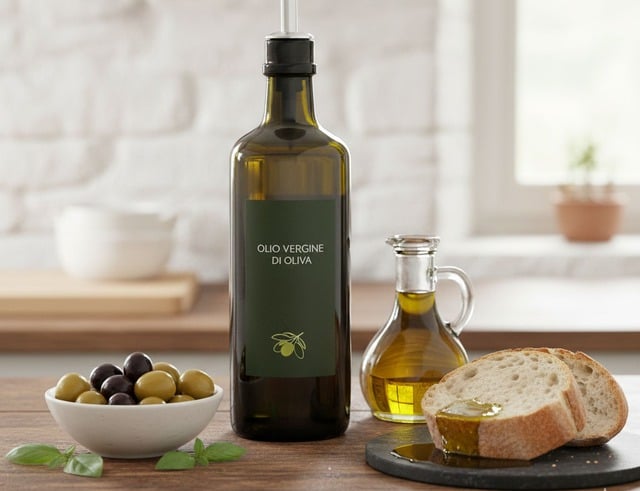
Olive oil is considered by many experts to be the foundation of a sustainable lifestyle because it supports heart health and reduces inflammation.
Photo: AI
Long-term health benefits of olive oil
Extra virgin olive oil is an important part of a healthy diet because it contains mainly monounsaturated fats, especially oleic acid. This type of fat supports heart health.
Olive oil is also rich in polyphenols and vitamin E, two compounds that play an important role in reducing oxidative stress, protecting cells from damage, helping the body reduce the risk of chronic diseases.
The compound oleocanthal in olive oil has been studied for its natural anti-inflammatory properties, similar to some of the mechanisms of painkillers.
Regular use of olive oil helps maintain low levels of inflammation in the body, helping to prevent diseases related to chronic inflammation such as cardiovascular disease, diabetes, arthritis and neurodegenerative diseases.
Olive oil also contributes to maintaining brain health, supporting memory and reducing the risk of diseases related to cognitive decline.
One tablespoon of olive oil, equivalent to 15 ml, provides about 120 calories and 14 grams of fat, of which 10 grams are monounsaturated fat and 1.5 grams are polyunsaturated fat.
Olive oil contains no carbohydrates, protein or sodium but provides 13% of the daily vitamin E requirement and 7% of the daily vitamin K requirement.
The main benefits come from its good fat structure, polyphenol content, and compounds that help reduce inflammation.
How to use olive oil properly
Consuming too much olive oil can lead to weight gain because the total energy intake exceeds the body's needs.
Some people with sensitive stomachs or irritable bowel syndrome may experience discomfort if they consume large amounts of oil in a short period of time.
People with blood clotting disorders or taking special medications should also consult a doctor before regular use.
Instead of using 30 ml of oil directly every day, users can supplement olive oil by mixing it into salads, drizzling it on vegetables, stir-frying it at medium heat, making a dipping sauce with bread, and combining it in marinades.
Including olive oil in your daily diet will provide more lasting benefits than considering it as a short-term solution.
Source: https://thanhnien.vn/chuyen-gia-giai-ma-cong-dung-that-su-cua-dau-o-liu-doi-voi-suc-khoe-185251121155400837.htm


![[Photo] General Secretary To Lam receives President of the Senate of the Czech Republic Milos Vystrcil](/_next/image?url=https%3A%2F%2Fvphoto.vietnam.vn%2Fthumb%2F1200x675%2Fvietnam%2Fresource%2FIMAGE%2F2025%2F11%2F21%2F1763723946294_ndo_br_1-8401-jpg.webp&w=3840&q=75)
![[Photo] Visit Hung Yen to admire the "wooden masterpiece" pagoda in the heart of the Northern Delta](/_next/image?url=https%3A%2F%2Fvphoto.vietnam.vn%2Fthumb%2F1200x675%2Fvietnam%2Fresource%2FIMAGE%2F2025%2F11%2F21%2F1763716446000_a1-bnd-8471-1769-jpg.webp&w=3840&q=75)
![[Photo] National Assembly Chairman Tran Thanh Man holds talks with President of the Senate of the Czech Republic Milos Vystrcil](/_next/image?url=https%3A%2F%2Fvphoto.vietnam.vn%2Fthumb%2F1200x675%2Fvietnam%2Fresource%2FIMAGE%2F2025%2F11%2F21%2F1763715853195_ndo_br_bnd-6440-jpg.webp&w=3840&q=75)

![[Photo] President Luong Cuong receives Speaker of the Korean National Assembly Woo Won Shik](/_next/image?url=https%3A%2F%2Fvphoto.vietnam.vn%2Fthumb%2F1200x675%2Fvietnam%2Fresource%2FIMAGE%2F2025%2F11%2F21%2F1763720046458_ndo_br_1-jpg.webp&w=3840&q=75)



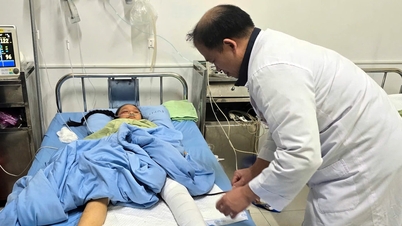

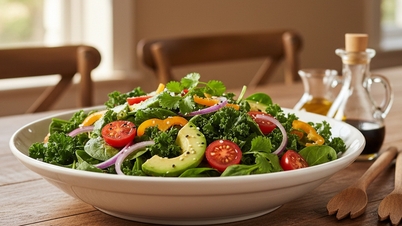
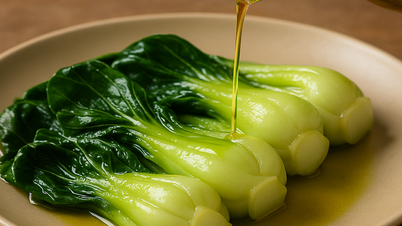




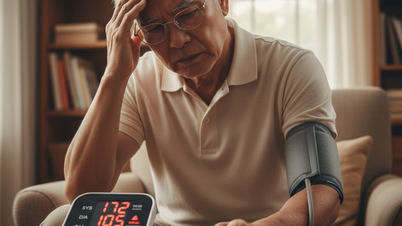

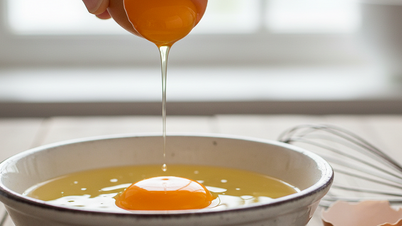



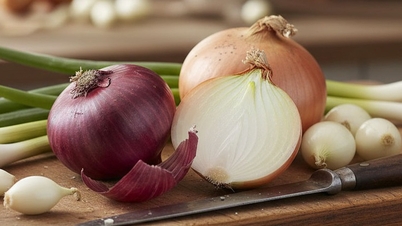
























































































Comment (0)